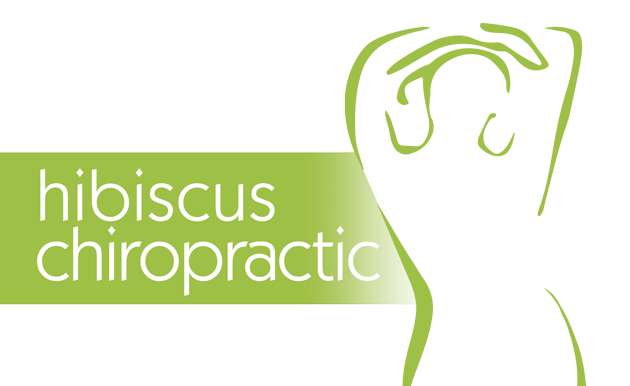In today’s screen-focused world, it’s almost impossible to go a day without hunching over a device. Whether it’s replying to emails at your desk, scrolling through your phone, or working on a laptop, your posture is likely paying the price. But new research reveals it’s not just your neck and shoulders that suffer—your brain is under strain too.
Forward Head Posture (FHP), often called ‘tech neck,’ is more than a cosmetic or muscular issue. It turns out that this common postural distortion actually burdens the brain’s motor control systems—altering the way your brain and body communicate during balance and movement tasks.
The Brain-Posture Link: What the New Study Shows
A 2025 study published in Scientific Reports by Anwar et al. sheds important light on what’s really going on beneath the surface. Researchers found that individuals with forward head posture exhibit significantly higher brain activity—especially in regions associated with motor control and balance—compared to those with neutral posture.[1]
Participants with FHP exhibited elevated corticomuscular coherence (CMC), a measure of how the brain and muscles synchronize activity, particularly during tasks that challenge balance. This means the brain must work harder to maintain postural control, especially under physical stress or fatigue.
The researchers concluded that forward head posture leads to inefficient motor coordination, resulting in unnecessary mental and physical fatigue. “This research demonstrates that forward head posture is not merely a musculoskeletal issue,” said Dr. Deed Harrison, one of the study’s lead collaborators. “It alters how the brain and muscles coordinate, suggesting that the body must recruit more cortical resources to maintain balance and stability.”
Why This Matters for Desk Workers and Device Users
If you spend hours a day working on a computer, using a tablet, or looking down at your phone, you’re a prime candidate for developing forward head posture. And while you may think you can shrug off a minor stiffness or occasional headaches, this study suggests the cognitive load from poor posture is more serious than most people realize.
Your brain, quite literally, has to work harder to keep you upright. Over time, this creates mental fatigue, reduced focus, and a greater risk of injury due to impaired balance and movement coordination. And let’s face it—when your brain is overworked just to keep you standing, it’s not operating at its best for everything else.
Long-Term Effects: Not Just a ‘Neck Problem’
Poor posture over time can lead to:
- Headaches and migraines
- Brain fog and difficulty concentrating
- Increased fall risk in older adults
- Chronic neck and shoulder pain
- Spinal degeneration or nerve impingement
More concerningly, the study indicates that prolonged FHP could cause neuroplastic changes, meaning your nervous system may rewire itself around dysfunction—locking poor posture and inefficient brain-muscle patterns into place.
Small Shifts Make a Big Difference
The good news is that postural stress is reversible. Awareness is the first step. Sit tall with your ears over your shoulders. Use a laptop stand or monitor riser to elevate screens to eye level, and take frequent breaks to reset your posture throughout the day.
If you suspect that poor posture is affecting your energy, focus, or physical comfort, a thorough spinal assessment could reveal how your body is adapting—and what can be done to support you.
Your Brain and Body Deserve Better
Tech neck is more than a modern nuisance. This latest research shows that forward head posture places a measurable burden on your brain’s ability to function smoothly, especially during balance and coordination tasks.
Don’t let a digital lifestyle quietly wear you down. Book a posture assessment at Hibiscus Chiropractic today, and take a proactive step toward better spinal health, better posture—and a better-performing brain.
Sources:
1. Curtis Fedorchuk, D.C., Douglas F. Lightstone, D.C. & Hector Andino, D.C. Annals of Vertebral Subluxation Research, Volume 2017, Pages 93-100.

